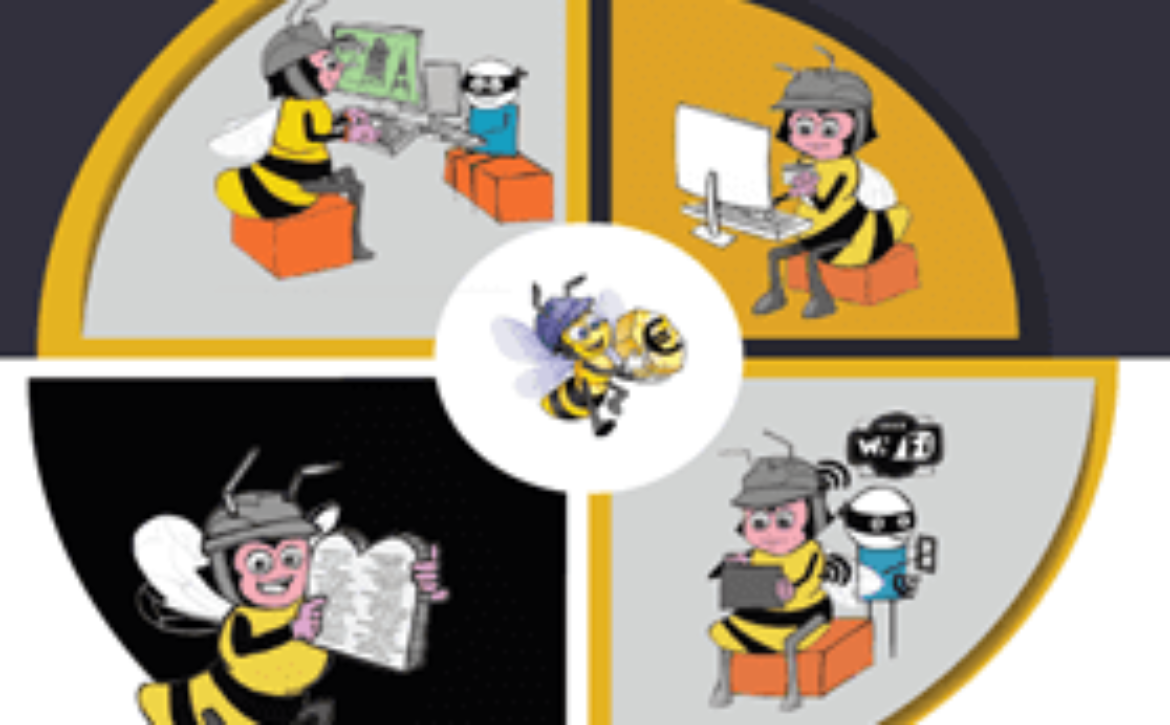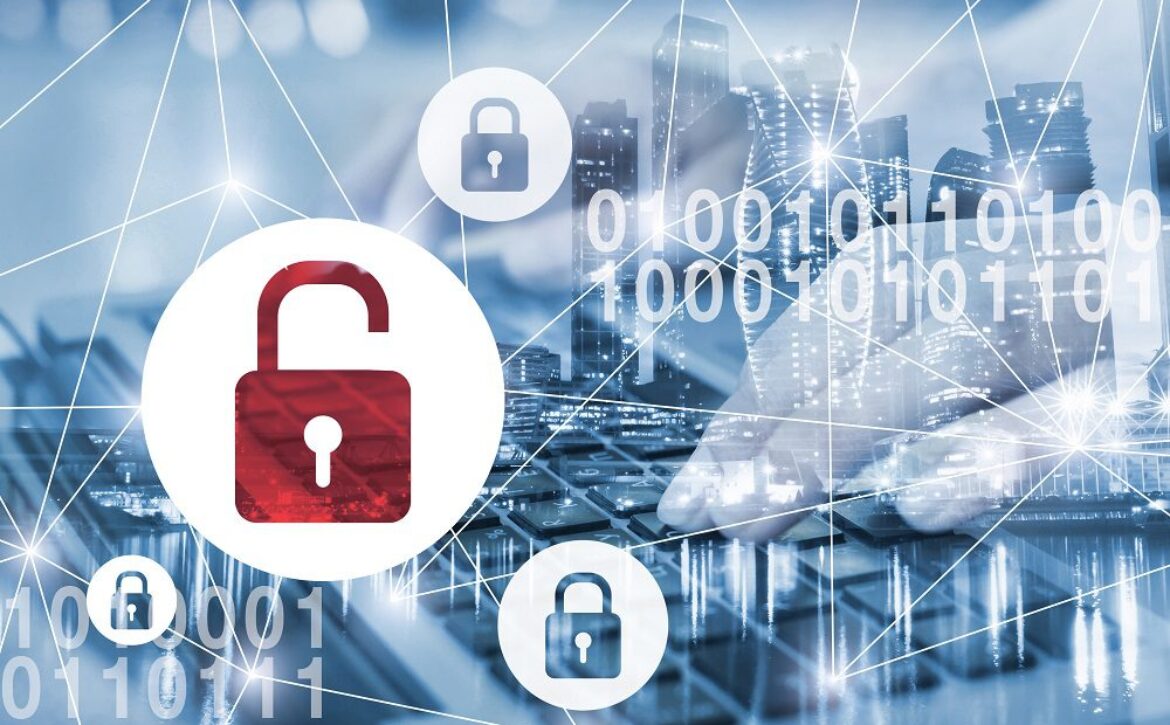The Impact of Immigration on the Economy: A Corporate Perspective
The influence of immigration on the economy is often subject to shifting positions influenced by ethical, social, and political considerations, which evolve over time. These stances are shaped by the kind of world we aspire to create and maintain.
For instance, opponents of immigration contend that immigration precipitates rapid cultural and social transformation, while those in favour argue that it can bolster a nation’s economic prosperity, as observed historically in the United States and various European nations.
From an economic perspective, those in favor argue that immigration is beneficial because it increases the workforce, encourages innovation, and provides a larger pool of workers to fill shortages in various industries.
Conversely, opponents of immigration raise concerns about potential adverse effects on local workers, particularly those in lower-wage positions, as foreign workers are sometimes subjected to exploitation, leading to lower wages and potential job displacement.
However, what is the verifiable reality?
At times, it is suspected that opposition to foreign workers in our country, beyond extreme nationalist sentiments and racism, may be driven by other factors. Some individuals view immigrants and assert that they are competing with locals for jobs. They see foreign workers as taking opportunities away from domestic workers.
I often suspect that those who oppose foreign workers in our country, aside from extreme nationalist elements and racism, tend to divert attention from other issues. They scrutinize the foreigners and claim they’re the problem. They observe a dirty environment, work related injuries, wreckless driving and attribute all of this to foreign workers. However, I cannot help but notice that these are symptoms that don’t really differentiate between whether you’re Maltese or a foreigner, as everyone contributes, everyone tends to leave litter around, observe no safety protocols, and everyone refrains from lack of safety measures. The common thread in all of this is a lack of enforcement, and when we refer to foreign workers because they dispose of trash early or have poor workmanship, it’s just an excuse, as there are also Maltese individuals who engage in these behaviors. Often, foreigners may not fully understand the system and might need guidance, but Maltese individuals should not use this excuse because they are expected to know better what they should do. So, using this as an excuse to claim that our country’s economic model doesn’t work because it relies on the population or foreign workers.
It is essential to acknowledge that a substantial portion of foreign workers among us originate from EU member states. Therefore, we must distinguish between European and non-European workers. These workers bring varying skills, creating a demand for different types of labour.
It is undisputable that sectors such as tourism, construction, healthcare, caregiving, financial services, and information technology do not need influx of foreign workers to operate without hindrance. These are just few arguments that are frequently seen on social media, claiming that our country should impose some kind of cap on how many foreign workers can work among us.
It is crucial to recognize that companies employing foreign workers also hire local workers. This goes beyond simply maintaining the status quo. It means that if private enterprises, both local and foreign, encounter challenges in securing the necessary foreign workforce, they may consider compromising the viability of their operations, potentially affecting Maltese workers in the process, to preserve their positions.
Looking from a different angle, immigration inherently leads to a population increase. While this is evident, some fail to grasp its direct economic impact, extending to the daily lives of these foreign workers in our country. They contribute to various aspects of our economy, from housing preferences to purchases of products and services. This not only benefits well-established businesses but also creates opportunities for smaller enterprises to thrive.
When these foreign workers join the workforce, their diverse skill sets lead to an intensified economic impact, which has been previously elaborated. This expansion often gives rise to numerous new businesses, thus fostering job creation.
In the sectors mentioned earlier where labor shortages were noted, one critical field was inadvertently omitted- waste collection. Although it often goes unnoticed, it plays a pivotal role in every nation’s operations. We depend on individuals who, come rain or shine, travel kilometres daily to collect the waste we leave behind. While this may be a job that few consider, it is essential for every country. It ensures that our streets and roads are free of refuse, even though most take this service for granted. If we were to lose these dedicated individuals, we should contemplate who among those critical of foreign workers in our midst would be willing to step into their shoes. We should also consider how many of those claiming that foreign workers are usurping jobs and salaries from Maltese citizens would be willing to undertake this job. This extends beyond economic concerns, as it influences the overall cleanliness of our streets and roads.
We are currently addressing not just the economic aspect but also the social aspect, as I wish to imagine the condition of our public spaces and streets if the generated waste is not properly managed.
When someone proposes or supports a “capping” on legal immigration, it impedes economic development and poses a risk to other employment opportunities. Rather than limiting immigration, it is essential for our country to streamline the bureaucratic and cumbersome framework without compromising security, to facilitate the process for entrepreneurs, investors, and companies requiring skills our nation currently lacks. For instance, a small business owner operating a factory in San Gwann’s industrial area might contemplate closing their doors due to the unavailability of workers. Is this the kind of impact those advocating a different economic plan would want to see? What is that plan?
The success of any nation relies on inspiring its populace to aspire to an improved quality of life. Restricting foreign workers in fields where they are essential hampers this objective. Such limitations only hinder our country’s capacity to respond effectively to challenges in sectors like healthcare and other areas.
Another issue is the declining birth rate in our country, which continually fuels the demand for workers. It also implies that over time, with an aging population, we will become more reliant on social services, such as pensions, with fewer contributors. This underscores that the assertion that foreign workers drain our social funds is unfounded. It is crucial to remember that many of these foreign workers, after residing in our country for several years, are not entitled to a Maltese pension, despite contributing to the social security fund and paying taxes during their stay.
Hence, it is crucial to participate in a well-considered and tactful conversation concerning this intricate matter. It is undoubtedly necessary to ensure that this does not end up into a political issue simply for the purpose of advancing our own political agenda or criticizing the government’s economic policies. The outcome is clear, as recognized by credit rating agencies, the European Monetary Fund, the European Commission itself, and other reputable institutions with expertise in this field.
While there are undoubtedly negative aspects to consider, as previously mentioned, it is evident that when weighing all the factors, there is no doubt that, given the prevailing circumstances, no progressive nation can afford to shut its doors to immigration. We need not look far for a precedent. Just a few years after the Second World War, several European countries, such as Germany and England, faced acute labour shortages, which significantly contributed to their economic growth.
If we look at what happened a few decades ago after the Second World War, we have a vivid example of how the European economy thrived in countries like Germany, England, and others.
Mario Fava
President






